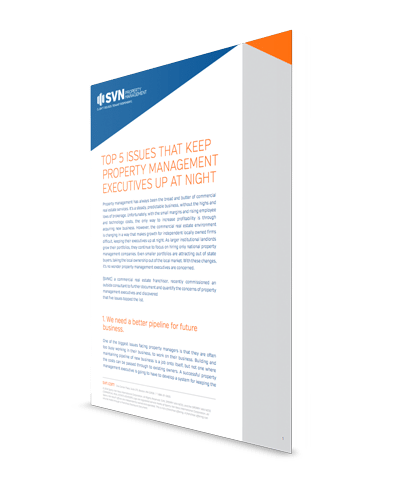New Development – Good or Bad?
 One of the most disruptive things in commercial real estate is new development. Just about any new project, other than the smallest and most inconspicuous new buildings, in an area can change everything. At times, it can help and at other times it can hurt. Don’t worry, though…. With good strategy, you can turn someone else’s project into a windfall profit!
One of the most disruptive things in commercial real estate is new development. Just about any new project, other than the smallest and most inconspicuous new buildings, in an area can change everything. At times, it can help and at other times it can hurt. Don’t worry, though…. With good strategy, you can turn someone else’s project into a windfall profit!
Upsides
There are a lot of good things that come from new commercial real estate developments:
- Increased traffic, making your property more desirable
- A freshening effect for the whole area
- The potential for a new, higher, rent standard having a trickle-up effect on every other property
- Increased land values
Downsides
Of course, a new development can also royally screw things up….
- Increased traffic makes it harder for customers or tenants to get to your property
- New buildings make your property look tired
- Aggressive discounting to fill the new building depresses rents and occupancies in the existing stock
- The area’s standard for building or tenant quality gets adjusted upward, transitioning your property from an A to a B or C
Positioning Yourself to Take Advantage of New Commercial Real Estate Development
So what’s a landlord to do? The first thing is to research a market before you buy. Although its is impossible to predict what will happen on an unlimited timeline, you can usually get a good sense of what will be happening in an area in the coming five to ten years. After that point, you should be ready to sell the asset and move to your next investment.
Once you know what is likely to come to the area, acquire either a competing property in a different class or a property that will coordinate nicely with the next development. I’ll give more detail on exactly what to look for in a follow-up blog post.
How have new developments impacted your real estate holdings? Let us know below!
To read more on property management issues, download our Top Five Things That Keep Property Management Executives up at Night report here.
